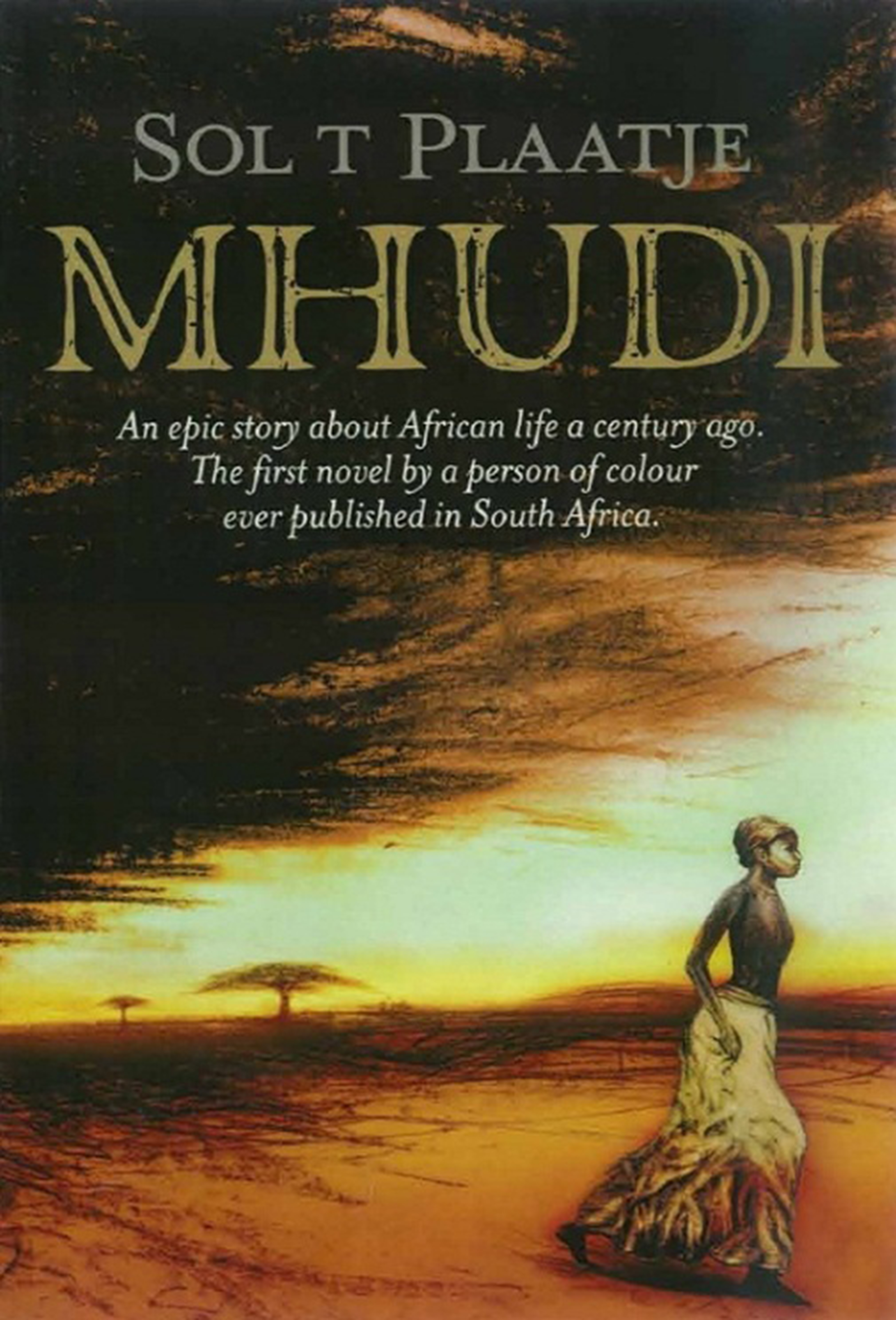Sol T. Plaatje
Solomon Tshekisho Plaatje was born near Boshof, Orange Free State (now Free State Province, South Africa). He received a mission-education at Pniel. When he outpaced fellow learners he was given additional private tuition by a missionary, Ernst Westp
... Read more
Solomon Tshekisho Plaatje was born near Boshof, Orange Free State (now Free State Province, South Africa). He received a mission-education at Pniel. When he outpaced fellow learners he was given additional private tuition by a missionary, Ernst Westphal, and his wife. In February 1892, aged 15, he became a pupil-teacher, a post he held for two years.
As an activist and politician he spent much of his life in the struggle for the enfranchisement and liberation of African people. He was a founder member and first General Secretary of the South African Native National Congress (SANNC), which would later become the African National Congress (ANC). As a member of an SANNC deputation he would travel to England to protest the 1913 Native Land Act, and later to Canada and the United States where he met Marcus Garvey and W. E. B. Du Bois.
While he grew up speaking the Tswana language, Plaatje would become a polyglot. Fluent in at least seven languages, he worked as a court interpreter during the Siege of Mafikeng, and translated works of William Shakespeare into Tswana. His talent for language would lead to a career in journalism and writing. He was editor and part-owner of Koranta ea Becoana (Bechuana Gazette) in Mafikeng, and in Kimberley Tsala ea Becoana (Bechuana Friend) and Tsala ea Batho (The Friend of the People). Plaatje was the first black South African to write a novel in English - Mhudi. Plaatje wrote the novel in 1919, but it was only published in 1930. In 1928 the Zulu writer R.R.R. Dhlomo published an English-language novel, entitled 'An African Tragedy', at the missionary Lovedale Press, in Alice. This makes Dhlomo's novel the first published black South African novel in English, even though Plaatje's 'Mhudi' had been written first. He also wrote[1] Native Life in South Africa, which Neil Parsons describes as "one of the most remarkable books on Africa by one of the continent's most remarkable writers";[2] and Boer War Diary that was first published 40 years after his death.
Plaatje was a committed Christian,[3] and organized a fellowship group called the Christian Brotherhood at Kimberley. He was married to Elizabeth Lilith M’belle, a union that would produce five children: Frederick, Halley, Richard, Violet and Olive. He died of pneumonia at Pimville, Johannesburg on 19 January 1932 and was buried in Kimberley.
Less




